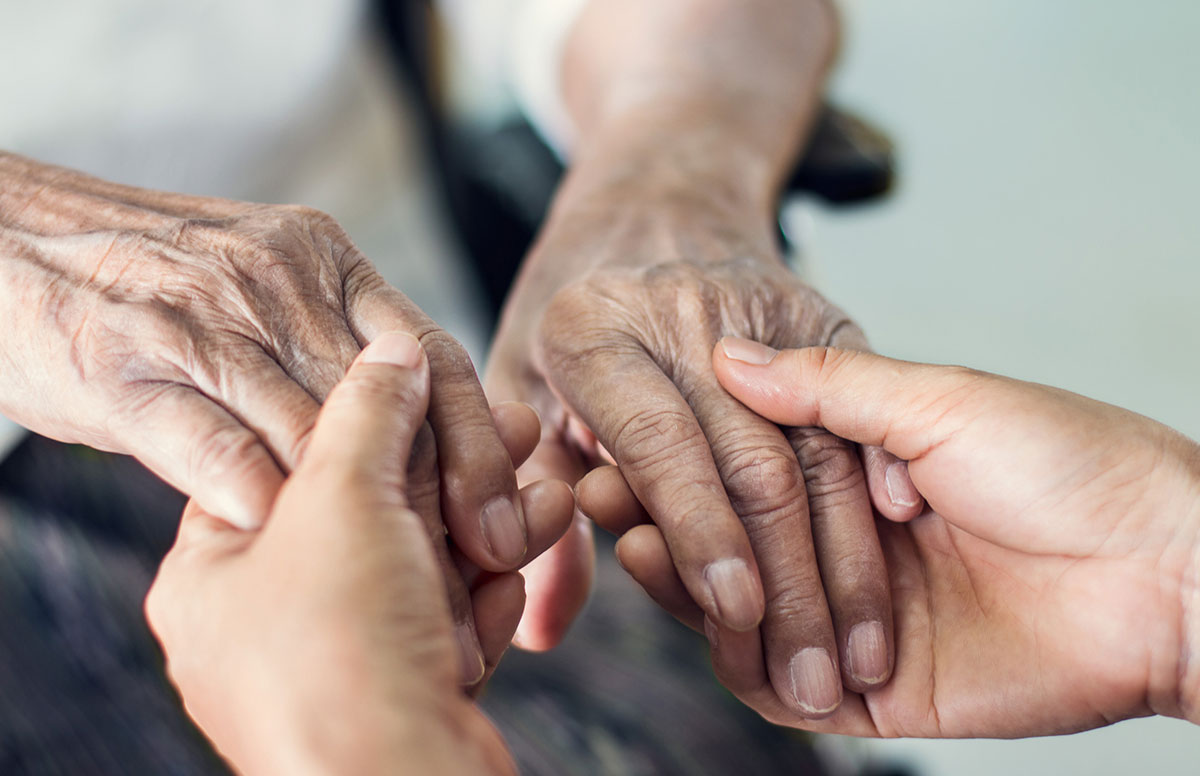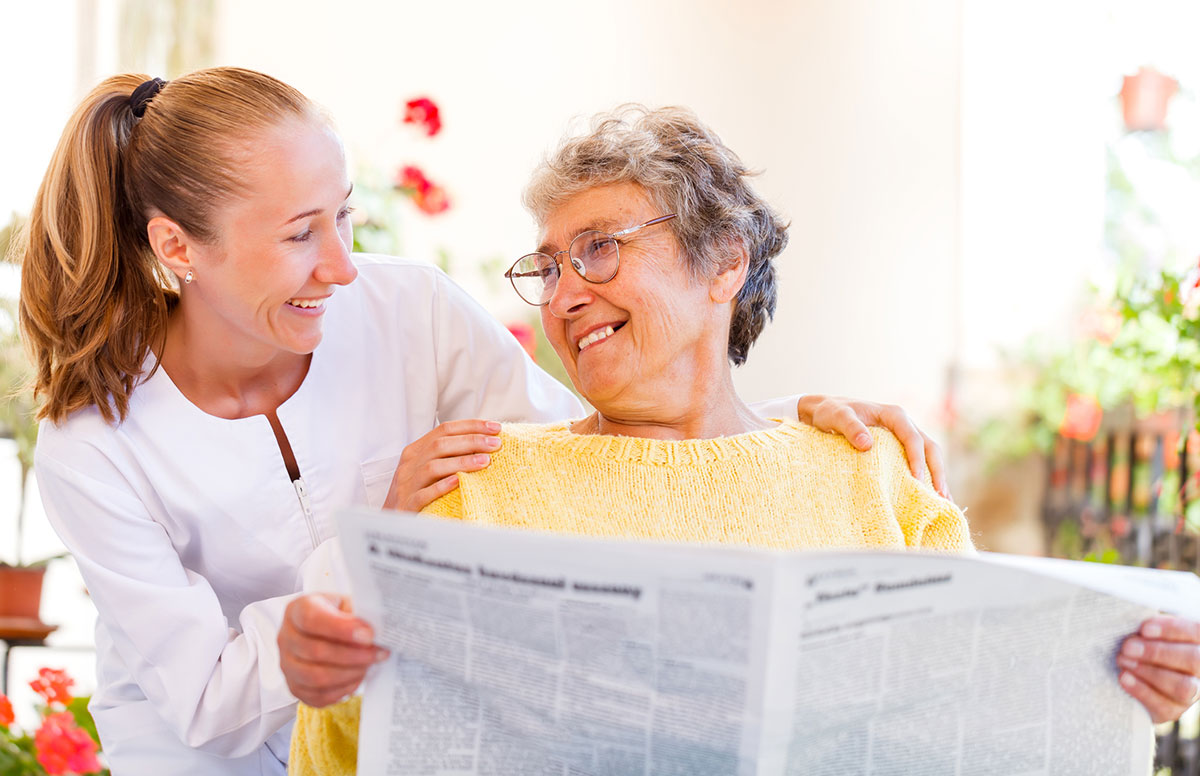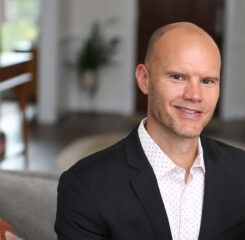Nearly three weeks have passed since Hurricane Helene began a 500-mile path of destruction on September 26, moving from Florida through Georgia, South Carolina, into North Carolina and Tennessee. Less than two weeks later, Milton arrived near Siesta Key, FL, and moved swiftly across the Florida peninsula.
Now, in North Carolina, power and “basic normalcy,” as described in one member community’s October 4 Facebook post, is being restored, while clean up is underway in Florida even with power outages. It is hard work. In Tampa/St. Petersburg, for instance, reports that “debris flows over onto streets, awaiting pickup. Many grocery stores don’t have their refrigerated food supply replenished yet and schools are still closed” speak to the slow pace of returning to normal.
Yet examples—on social media, in emails and occasional phone calls—of the many efforts to address challenges of living in extreme situations and rectify needs, abound.
Deerfield, a continuing care retirement community in Asheville, NC, recently established the Bee Well Clinic for employees, staffed by a nurse practitioner, which offers mind and spirit help in addition to their routine care, condition management, prescription help, and more. And, responding to school closures resulting from widespread lack of clean water, the life plan community developed a range of resources for staff, including “Camp Deerfield Jr.,” attended by employees’ children aged four to 14.
Initiated by staff volunteers with legal guidance, activities include singing, reading, art projects, and intergenerational engagements with nursing home residents, from 8:30 a.m. to 4:30 p.m. Deerfield resident volunteers joined later, bringing the total of adult leaders to seven. Of them and others who’ve helped in community-wide efforts to repair and rebound, “Gratitude abounds for these groups of extraordinary individuals,” said Deerfield president and CEO Libby Bush.
In downtown Asheville, at an affordable housing community for low-income seniors operated by member National Church Residences, where many residents live with “infirmities and disabilities that make it difficult or impossible to get around any further than the sidewalk right outside our door,” said one resident in a October 3 Facebook post, “Asheville is coping! … everywhere I go … people are being kind to one another, smiling and asking how you are, offering information they have on where needed supplies and services can be obtained. I have always been proud to be a part of this community but never as much as I am right now. And I continue to be blown away, inspired and grateful for the spirit that is Asheville.”
Said National Church Residences in its post: “The support we’ve received for Vanderbilt and Battery Park has been overwhelming in the best possible way. …”
Still, for many, the impact of these disasters will be long-lasting. Lives have been upended. In an October 14 email, LeadingAge North Carolina president and CEO Tom Akins shared the story of one employee at a North Carolina member: “We lost our home in the hurricane. We lost everything but some clothes and personal belongings. I never dreamed, being married as long as we have, we would be homeless.”
Said Akins, “Staff members of LeadingAge North Carolina member communities have lost their homes, vehicles, and, tragically, loved ones. These individuals are essential to our care network, and now they need your support.” Which is why LeadingAge asks those who are able to contribute to please consider a donation to the LeadingAge Disaster Relief Fund. “Supporting one another in times of need is a LeadingAge value, a guiding principle,” said LeadingAge President and CEO Katie Smith Sloan. “We step up and serve to the best of our ability. We did it with hurricanes Sandy, Michael, Irma, Maria, and Ian; we’ve responded to the devastation wrought by wildfires and other disasters. Helene and Milton are no different.”
For those who are in need of support, please email Amanda Marr (AMarr@leadingage.org) to request funds. One hundred percent of all donations will go directly to members and their staff.
Adds Sloan: “We’re here for those in need. Although the impact of these uncontrollable events can be far-reaching and long-lasting, we are here to help see it through.”
Keep abreast of all Hurricane Season 2024 and Disaster Relief developments via this serial post.

 Shutdown Week Three: Impact of Ongoing Closure on Affordable Housing
Shutdown Week Three: Impact of Ongoing Closure on Affordable Housing


